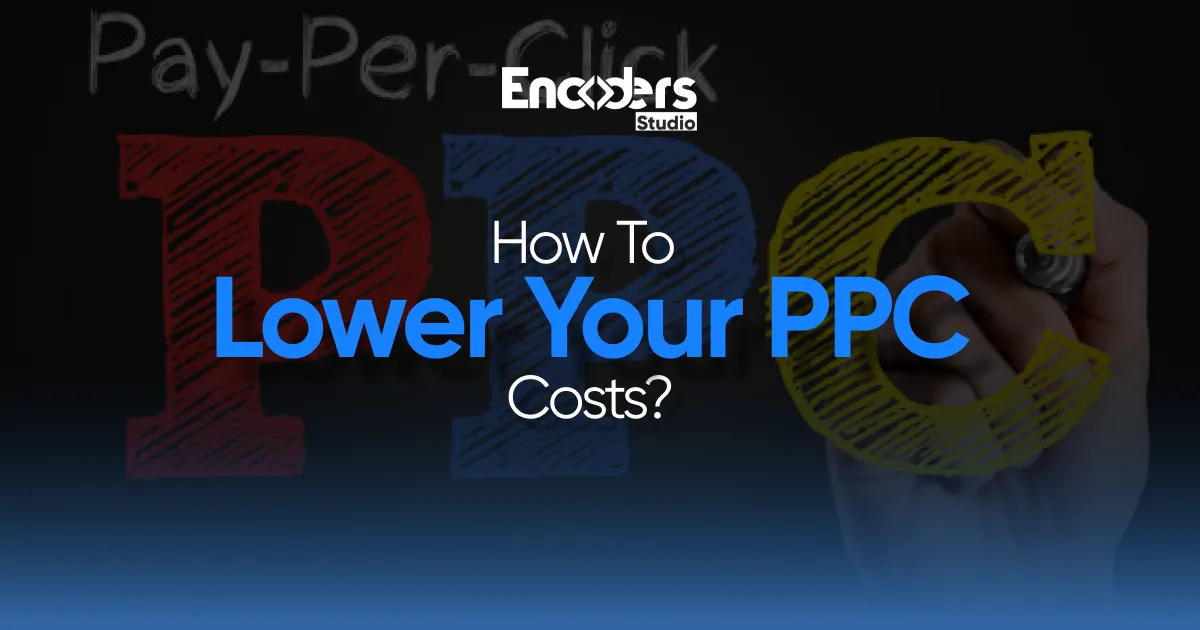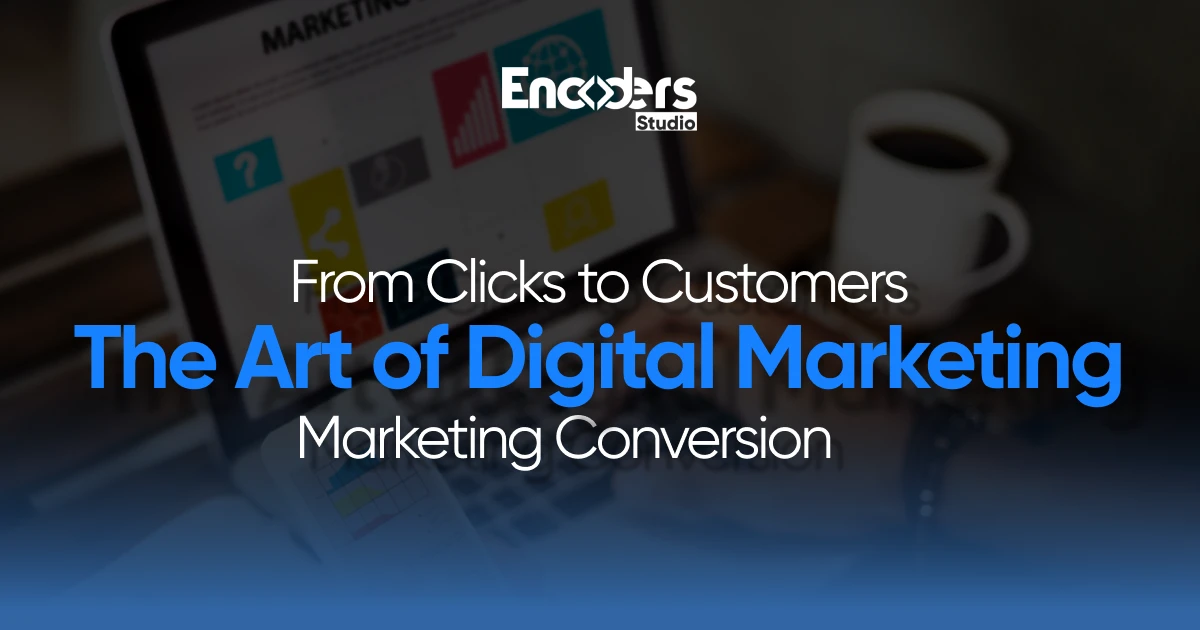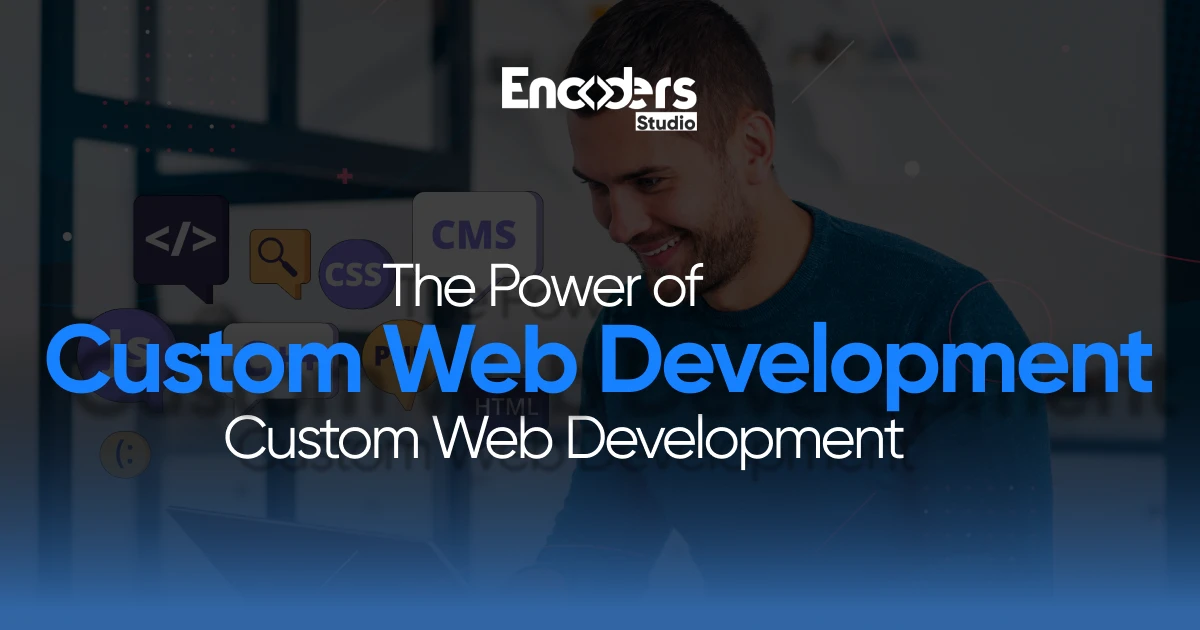[TL;DR]
PPC marketing costs continue rising as competition intensifies across digital advertising platforms. Smart advertisers use strategic cost-reduction techniques to maintain profitable campaigns while controlling expenses.
Key cost-reduction strategies include:
- Manual bidding controls: Set precise CPC limits to prevent overspending
- Long-tail keyword targeting: Reduce competition and lower bid requirements
- Quality Score optimization: Improve ad relevance for lower cost positions
- Geographic and time-based targeting: Focus spend on high-conversion periods
PPC Marketing delivers immediate traffic and conversions but requires careful cost management to maintain profitability. Rising competition and increasing bid prices make cost optimization essential for sustainable campaign performance.
Effective cost reduction focuses on improving campaign efficiency rather than simply cutting budgets. Strategic bidding, keyword optimization, and Quality Score improvements can reduce costs by 30-50% while maintaining or improving results.
Smart PPC services in Pakistan and worldwide implement systematic approaches to cost control through data-driven optimization and continuous testing.
Slash your ad spend without sacrificing results with Encoders Studio.
What You Need To Know About PPC Costs?
PPC costs depend on three primary factors: your maximum bids, Quality Score ratings, and competitive landscape. Higher bids don’t guarantee better positions if your Quality Score is poor.
- Cost-per-click (CPC) represents the amount you pay each time someone clicks your ad.
- Cost-per-thousand-impressions (CPM) measures the cost to show your ad 1,000 times.
- Cost-per-acquisition (CPA) tracks the cost to generate one conversion or sale.
Legal keywords cost an average of 6.75 U.S. dollars/click on Google Search, while display network clicks cost only $0.72 for the same keywords, demonstrating the importance of channel selection.
Understanding these metrics helps you identify the most cost-effective optimization opportunities for your campaigns.
Related Article: A Complete Beginner’s Guide to Google Ads
Set the Right Budget and Bidding Strategy
- Start with conservative daily budgets that allow for testing without overspending. Calculate your maximum profitable CPC by dividing your average order value by your conversion rate.
- Manual bidding provides complete cost control by setting maximum CPC limits for each keyword. Automated bidding strategies like Target CPA or Target ROAS can optimize for conversions but may increase costs during learning phases.
- Set CPC bid limits 20-30% below your break-even point to ensure profitability even with conversion rate fluctuations. Monitor spending daily and adjust bids based on performance data.
Optimize Your Keyword Strategy
- Long-tail keywords with 3-4 words typically cost 50-70% less than broad single-word terms while delivering higher conversion rates. Target specific phrases that match your product or service offerings.
- Negative keywords prevent your ads from showing for irrelevant searches, reducing wasted spend. Add negative keywords weekly based on search term reports and irrelevant traffic patterns.
- Regularly review and update keyword lists by pausing underperforming terms and expanding successful keyword themes. Group similar keywords into tightly themed ad groups for better Quality Scores.
Get expert keyword optimization to cut your advertising costs. Connect with specialists at Encoders Studio who understand cost-effective targeting strategies for maximum ROI.
Improve Ad Quality and Relevance
Quality Score directly impacts your ad costs and positions. Higher Quality Scores can reduce CPC by 50% or more while improving ad visibility and click-through rates.
- Craft relevant ad copy that matches your keywords and landing page content. Include target keywords in headlines and descriptions while maintaining natural readability and compelling messaging.
- A/B testing ad creatives reveals which messages generate higher click-through rates and Quality Scores. Test different headlines, descriptions, and call-to-action phrases to optimize performance.
- Landing page relevance and loading speed significantly impact Quality Scores. Ensure your landing pages provide relevant information that matches user search intent and ad promises.
Refine Audience and Location Targeting
- Geo-targeting allows you to focus spending on high-value geographic areas while excluding regions with poor conversion rates. Analyze location performance data to identify the most profitable markets.
- Time scheduling runs ads only during periods when your target audience is most active and likely to convert. Reduce or pause ads during low-performing hours to control costs.
- Audience segmentation creates more relevant ad experiences by targeting specific user groups based on demographics, interests, or previous website interactions.
Campaign Structure and Organization
- Create specific campaigns and ad groups for different products, services, or target audiences. This granular structure enables precise budget control and performance optimization.
Benefits of granular campaign structure:
- Better budget allocation across product lines
- More relevant ad copy for specific offerings
- Improved Quality Scores through keyword-ad relevance
- Easier performance tracking and optimization
- Separate branded and non-branded campaigns to allocate budgets appropriately. Branded campaigns typically cost less and convert better than generic product searches.
Transform your campaign structure for better cost control and performance tracking. Professional optimization can reduce wasted spend by 25-40%.
Monitor, Analyze, and Adjust Regularly
- Track key metrics including CPC, click-through rate (CTR), conversion rate, and cost-per-acquisition daily. Use Google Analytics and Google Ads reports to identify optimization opportunities.
Important metrics to monitor:
- Average CPC trends over time
- Quality Score changes by keyword
- Geographic performance variations
- Time-of-day conversion patterns
- Search term report for negative keyword opportunities
- Pause or adjust underperforming ads, keywords, and targeting settings based on statistical significance. Allow sufficient data collection before making optimization decisions.
Advanced Tips to Lower PPC Costs
- Target positions 2-4 instead of position 1 to reduce costs while maintaining visibility. Position 1 often costs 2-3x more than lower positions with minimal conversion rate improvements.
- Hold off on Display Network campaigns if the budget is limited. Focus spending on search campaigns that typically deliver higher intent traffic and better conversion rates.
- Leverage remarketing campaigns to target previous website visitors with lower CPC bids. Remarketing audiences often convert at 2-3x higher rates than cold traffic.
- Use device bid adjustments to reduce costs on low-converting devices while maintaining presence across all platforms.
Related Article: Marketing Agency Cost: How Much Does It Cost To Market Your Business in 2025
Market Growth & Trends
The global contextual advertising market size was estimated at 195.44 billion in 2023, emphasizing the importance of relevant, targeted advertising approaches that align with cost-reduction strategies.
Video marketers get 66% more leads per annum and can achieve a 54% increase in brand awareness, demonstrating the ROI potential when campaigns are properly optimized.
Common Mistakes to Avoid
- Overbidding on broad keywords wastes budget on irrelevant traffic. Focus on specific, commercial-intent keywords that indicate purchase readiness.
- Ignoring negative keywords allows irrelevant clicks to drain budgets. Implement comprehensive negative keyword lists from campaign launch.
- Not testing or optimizing landing pages hurts Quality Scores and conversion rates. Ensure landing pages provide relevant information and smooth user experiences.
- Additional costly mistakes include:
- Setting and forgetting campaigns
- Using only broad match keywords
- Failing to adjust bids based on performance data.
Final Call
Lowering PPC marketing costs requires systematic optimization across multiple campaign elements rather than simply reducing budgets. Focus on improving Quality Scores, refining keyword targeting, and implementing precise audience controls for maximum cost efficiency.
The most effective PPC services in Pakistan and globally combine manual bidding controls with automated optimization tools to maintain cost discipline while scaling performance. Regular monitoring and data-driven adjustments ensure sustainable cost reductions.
Start with high-impact optimizations like negative keyword implementation and long-tail targeting before moving to advanced techniques like remarketing and device bid adjustments.
Don’t let rising advertising costs drain your marketing budget!
Our certified PPC specialists provide comprehensive audits, ongoing optimization, and transparent reporting that ensures every dollar works harder for your business growth and profitability.
Contact Encoders Studio today and discover how our proven cost-reduction strategies can transform your PPC performance while protecting your bottom line.
Frequently Asked Questions
How can I lower my cost per click (CPC) in Google Ads?
You can lower your CPC by switching to manual bidding, setting lower bids, using more specific long-tail keywords, and regularly updating negative keywords to avoid irrelevant clicks.
Does improving my Quality Score help reduce PPC costs?
Yes, improving your Quality Score by making your ads and landing pages more relevant can lead to lower CPCs and better ad placements for the same bid amounts.
What is the best bidding strategy to control PPC costs?
Manual bidding gives you the most control over your costs, allowing you to set maximum bids and adjust them based on performance, while automated strategies may increase CPCs.
How does my daily budget affect my total PPC spend?
Your daily budget sets a limit on average daily spend, but Google may spend more or less on any given day; however, monthly charges won’t exceed your daily budget times the days in the month.
What are negative keywords, and how do they help reduce costs?
Negative keywords prevent your ads from showing for irrelevant searches, which reduces wasted spend and helps lower your overall marketing costs through better targeting.
Is it possible to set a monthly budget cap in Google Ads?
You cannot set a strict monthly budget cap, but you can estimate your monthly spend by multiplying your average daily budget by the number of days in the month.




